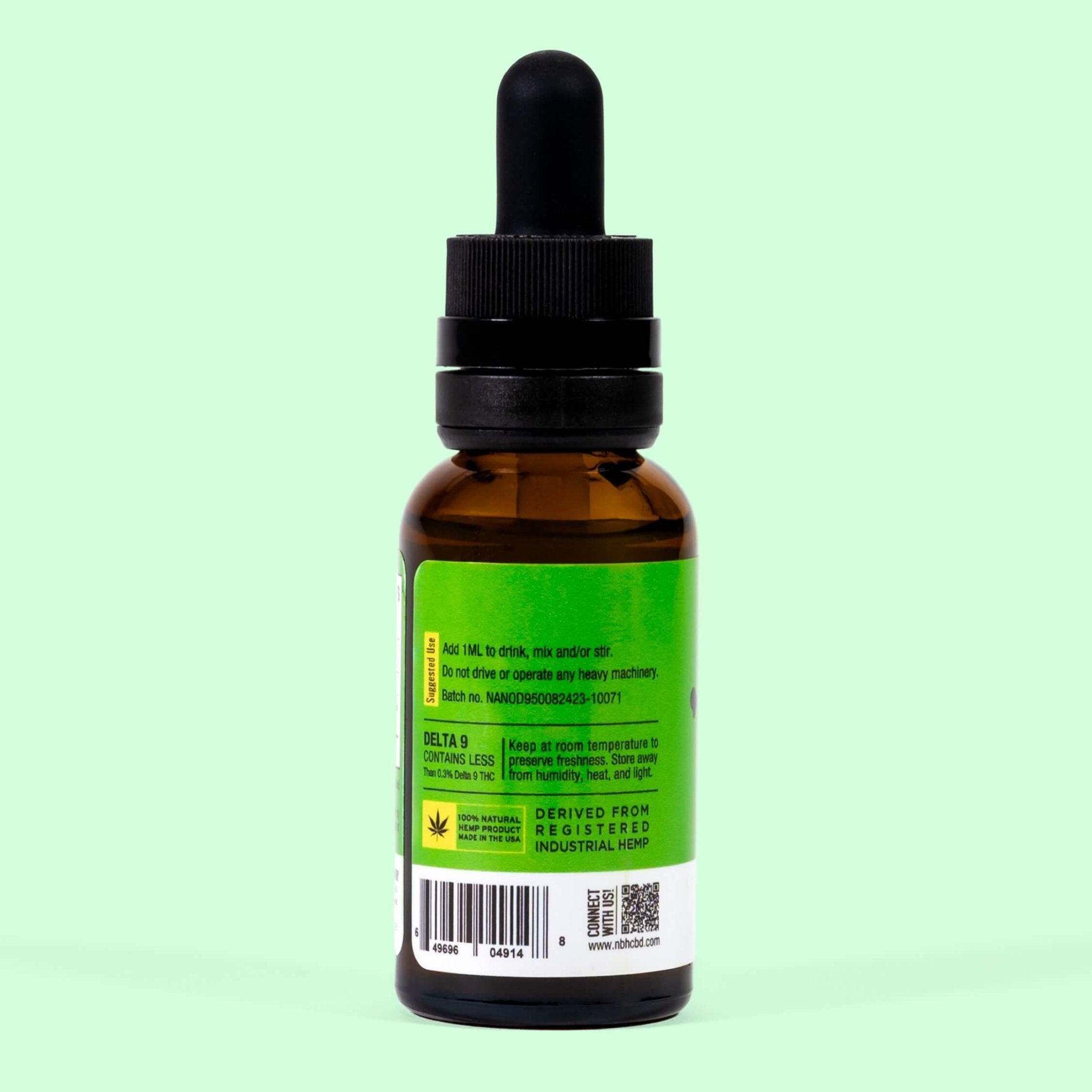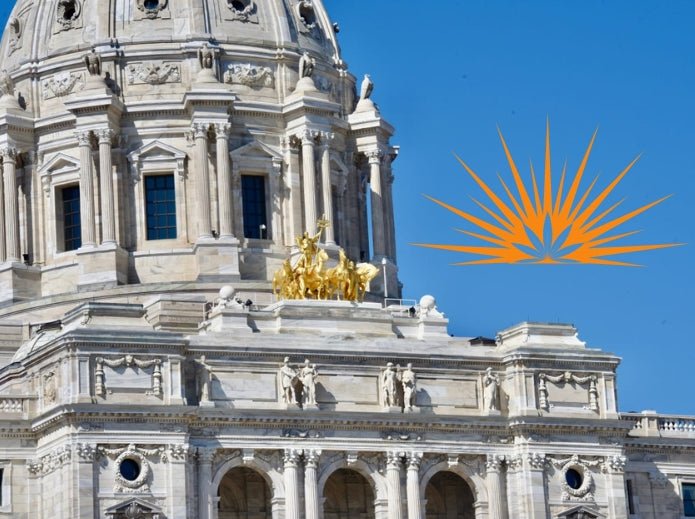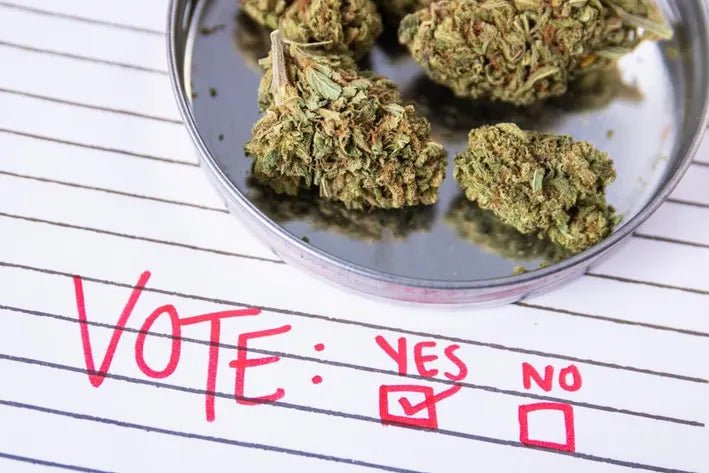A new report by the U.S. Department of Agriculture shows a significant increase in the value of industrial hemp in 2023.

Since the passage of the 2018 Farm Bill, which legalized hemp and all of its downstream derivative products and uses, the plant has experienced a veritable roller coaster of incredible highs and devastating lows. Early on, farmers, hemp byproduct manufacturers, and retailers enjoyed astonishing success, particularly in the extremely popular and lucrative CBD market.
However, following the end of the COVID-19 lockdowns, the entire industry endured a catastrophic decline. Now, a new report published by the U.S. Department of Agriculture (USDA) is shedding light on a potential turnaround of sorts for the much-maligned, misunderstood, and mischaracterized market.
The USDA’s latest National Hemp Report for 2023, which is based on survey data from hemp farmers regarding metrics such as acreage, yield, production, price, and value of hemp, reveals that the value of industrial hemp exceeded $291 million last year, an increase of 18% over 2022.
Conversely, last year’s survey showed substantial regression in the value and cultivation of the crop across every industry metric analyzed. Much of the blame for those losses was placed by hemp advocates and lawmakers at the feet of the Food and Drug Administration (FDA) for its regulatory inaction concerning the market’s most crucial end product, CBD.
However, this year’s report is not all good news for industry advocates and stakeholders. While the overall value of the market sector increased in 2023, the report also reveals an odd mix of economic trends within the hemp industry. For example, hemp grown for flower increased in yield (up 134 pounds per acre on average) and value (up 35%).
By contrast, the average value of hemp cultivated for grain totaled only $2.31 million in 2023, a significant decrease of 36% from the previous year. Likewise, farmers grew 27,680 acres of industrial hemp in the open last year, representing a 2% decline from 2022’s totals.
The 2023 report is only the second survey conducted by the department detailing the industry’s growth and identifying areas for lawmakers, regulators, and stakeholders to focus energy and resources on for the future long-term success of the market.
Despite the promising results from this year’s report, lawmakers and industry advocates are still seething from the FDA’s lack of regulatory guidance concerning CBD, which they blame for the sector’s lack of consistent growth.
To address that inaction and gauge where the agency views its role in helping kickstart the $28 billion industry moving forward, U.S. Rep. James Comer (R-KY) called on new FDA Commissioner Robert Califf to testify before the House Oversight and Accountability Committee last week, which Comer chairs.
During the hearing, Califf faced a litany of questions concerning the regulatory body’s assertion that it needed additional congressional authorization and legislative guidance to regulate the non-intoxicating cannabinoid properly.
Unsatisfied with Califf’s answers and those of his predecessors on the topic, Comer accused the FDA of “putting its own bureaucratic priorities over the American people” in its refusal to regulate hemp-derived products like CBD.
Despite the rancor Comer and other bipartisan lawmakers expressed toward Califf and the FDA, congressional leaders are creating some positive momentum to help bolster the ailing hemp industry.
The Farm Bill, which was supposed to be renewed last year, has been extended through 2024, and many Capitol Hill watchers believe an updated version of the wide-ranging agricultural spending measure could address several issues hampering the hemp market sector.
Similarly, lawmakers and industry advocates are also eyeing a number of proposed bills explicitly aimed at enabling hemp businesses to legally market hemp-based items like CBD as dietary supplements or in the food supply. Likewise, they are also considering legislation to remove restrictions placed on people with certain prior drug convictions from participating in the sector.
In the meantime, much of the attention and energy aimed at the hemp industry continues to negatively focus on the intoxicating hemp derivative (IHD) market, specifically delta-8 THC and other intoxicating cannabinoids produced from the plant.
As more and more states attempt to grapple with the inconsistent regulation of the IHD sector by passing severe restrictions or outright bans against the cannabinoids, many of the small to medium-sized businesses comprising a majority of the hemp industry continue to suffer unduly for a “problem” that is being vastly blown out of proportion, predominantly by Big Cannabis interests determined to either absorb or completely annihilate the still young and burgeoning hemp industry.
Until the unofficial but still very real civil war between hemp and cannabis interests either ends or some level of peaceful coexistence is established, it doesn’t truly matter what Congress, the FDA, or the USDA does or does not do for the battered but resilient hemp industry.
The plant is legal, as are its derivative products and uses. Until the law is revised or struck down, it is incumbent upon political and business leaders to recognize and support the sector’s right to exist and its members’ collective right to not only survive but thrive.








































